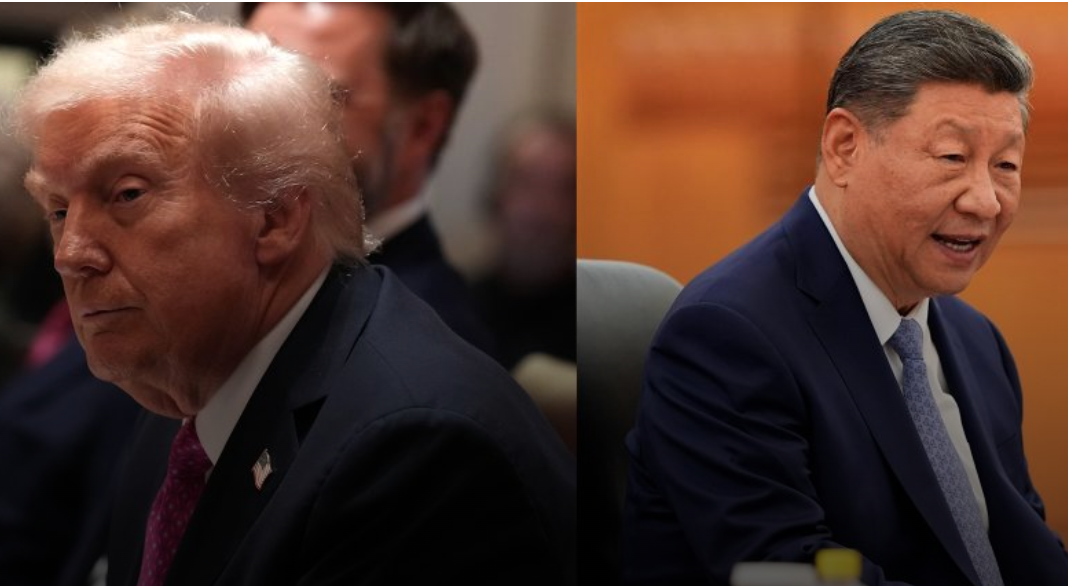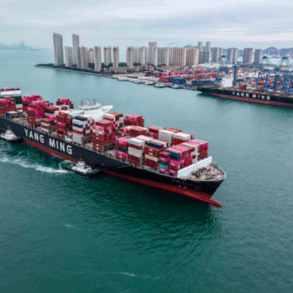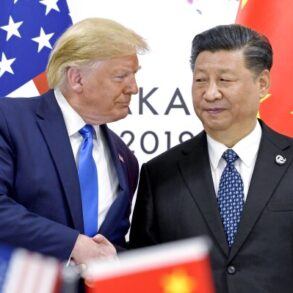KUALA LUMPUR, Malaysia — President Donald Trump wrapped up the first stop of his high-stakes Asia tour on Sunday, leaving Malaysia with a diplomatic win: a framework for a U.S.-China trade deal that could prevent a full-blown trade war between the world’s two largest economies. The agreement, reached on the sidelines of the Association of Southeast Asian Nations (ASEAN) summit, sets the stage for Trump’s meeting with Chinese President Xi Jinping in South Korea on Thursday.
U.S. Treasury Secretary Scott Bessent called the framework “substantial,” saying it includes a final resolution for TikTok’s U.S. operations, a one-year delay on China’s tightened export controls for rare earth minerals, and a commitment from Beijing to resume large-scale purchases of American soybeans. “The tariffs will be averted,” Bessent told reporters, referring to Trump’s threat of 100 percent duties on Chinese goods set to begin November 1.
Averting a Tariff Cliff
The breakthrough comes just days before a fragile tariff truce was due to expire. Since returning to the White House, Trump has used steep import taxes as leverage to boost American manufacturing and jobs. No country has faced tougher pressure than China, which processes 90 percent of the world’s rare earth elements—materials essential for smartphones, electric vehicles, and military equipment.
Earlier this month, Trump announced the 100 percent tariff after China restricted rare earth exports, a move he labeled “hostile.” Beijing, in turn, halted all soybean orders from the U.S., its largest supplier, redirecting purchases to Brazil and Argentina. American farmers felt the pain immediately.
Under the new framework, China will pause its rare earth restrictions for a year while both sides negotiate long-term access. Soybean shipments will restart at levels that Bessent, himself a soybean farmer, said would make U.S. growers “feel really good” for years to come.
TikTok’s Future Secured
The deal also resolves a years-long standoff over TikTok. U.S. officials have demanded that the app’s American operations be severed from its Chinese parent company, ByteDance, citing national security risks. Trump, who once pushed for a total ban, has delayed enforcement four times to allow negotiations. The framework gives U.S. companies control of TikTok’s algorithm and six of seven board seats for its American arm. Final details will be finalized when Trump and Xi meet.
Regional Deals Strengthen U.S. Ties
Trump’s Malaysia visit wasn’t just about China. He signed a peace declaration between Thailand and Cambodia, announced trade frameworks with Thailand and Vietnam, and secured critical-minerals agreements with Malaysia and Thailand to diversify U.S. supply chains away from Chinese dominance. Vietnam pledged to buy $8 billion in Boeing jets and American farm goods.
“Our message to Southeast Asia is clear: The United States is with you 100 percent,” Trump said before departing for Japan, where he will meet Prime Minister Sanae Takaichi, the country’s first female leader.
Challenges Back Home
Even as Trump scores foreign-policy points, troubles loom in Washington. A federal government shutdown continues into its third week, and some lawmakers criticize Trump’s expanding military operations against drug traffickers in the Caribbean.
Still, the China framework offers hope. Chinese Vice Premier He Lifeng described the talks as “constructive,” while Brazil’s President Luiz Inácio Lula da Silva called his meeting with Trump “positive,” with teams set to tackle 50 percent U.S. tariffs on Brazilian goods.
If Trump and Xi seal the deal in South Korea, it could mark the most significant de-escalation in U.S.-China trade tensions since the rivalry intensified earlier this year. For now, the world’s two superpowers appear ready to step back from the brink.








